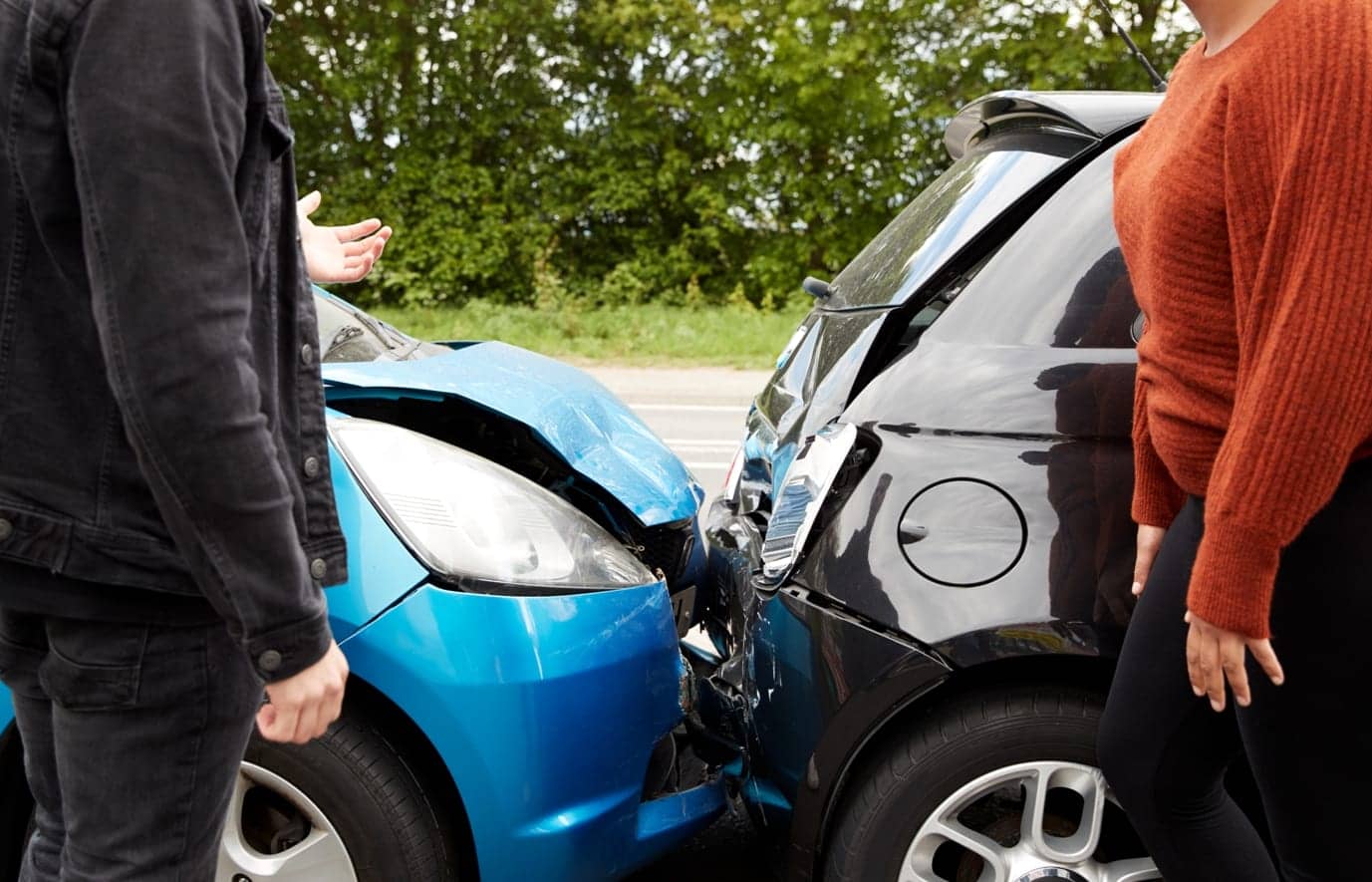Legal Complications That Could Transpire in the Aftermath of a Rear-End Auto Accident
Rear-end collisions are relatively common in the State of California. In the majority of cases, the vehicle that collided with another from behind will be considered at-fault and this is because motorists driving behind others are expected to keep safe distances in order to allow enough space to slow down or stop to avoid an accident. Not every at-fault party is easily determined, however. This can easily result in various legal complications for auto accident victims that are seeking to file a K for their injuries.
If you or someone you know was recently involved in a rear-end accident in the State of California, it is important to consider seeking the legal expertise of a knowledgeable attorney. Filing a lawsuit can result in monetary compensation, which could help the victim recover from the injuries financially.
Identifying the At-Fault Driver

A few examples of a multi-vehicle accident can be the following:
A driver using a handheld device becomes distracted and does not see the vehicle ahead that has stopped. Once colliding with the vehicle, that vehicle has pushed into the auto in front of it. In this situation, it would be difficult to hold the driver in the middle accountable for the accident.
A person driving with brake lights that are not working has suddenly come to a stop in a busy highway. Although the driver in the rear hit the driver in the front, the front driver can be held at least partially at-fault for the accident.
A motorist’s brake lights fail as a result of a manufacturer defect. This causes the driver in the rear to hit him or her. In cases such as this one, the manufacturing company responsible for selling properly functioning brake lights can be held responsible for the damages accrued by either driver.
File a Lawsuit After a Rear-End Auto Accident

Attorney Justin H. King is skilled in the field of auto accident claims in the State of California. Attorney King has dedicated his career to serving injured victims obtain financial compensation in the aftermath of an accident cause by a negligent driver. Auto accident claims in California demand a victim to act swiftly and file the case as soon as possible; obtain the support of a trusted personal injury lawyer today.
Categories : Auto Accidents, Insurance Companies, Truck Accidents
Tags:
Related Posts:
- What To Do After A Car Accident In Fontana CA | The Law Offices of Justin H. King
- Personal Injury Attorney in Rancho Cucamonga for Car Wreck Victims | The Law Offices of Justin H. King
- Local Car Accident Lawyer in San Bernardino: Protect Your Rights After an Accident | The Law Offices of Justin H. King
- San Bernardino Car Accident Lawyer: Get the Compensation You Deserve
- Rancho Cucamonga Accident Attorney: Legal Representation for Personal Injury
- Personal Injury Attorneys in Rancho Cucamonga: The Importance of Experienced Car Accident Lawyers
- The Role of Medical Records in Car Accident Claims | The Law Offices of Justin H. King, Rancho Cucamonga, CA
- Navigating the Court System with a Car Accident Lawyer | The Law Offices of Justin H. King, Rancho Cucamonga, CA
- The Financial Impact of an Accident: How an Accident Lawyer Can Help | The Law Offices of Justin H. King, Rancho Cucamonga, CA
- The Benefits of a Car Accident Lawyer in Dealing with Insurance Companies | The Law Offices of Justin H. King, Rancho Cucamonga, CA
- The Importance of Legal Representation in Car Accident Claims | The Law Offices of Justin H. King
- The Common Types of Car Accident Cases Handled by Car Accident Lawyers | The Law Offices of Justin H. King | Rancho Cucamonga, CA
- 1 Dead After Collision Involving Large Truck in Fontana, CA
- Causes & Injuries of Large Semi-Truck Accidents in California
- Fiery Accident Caused by Road Rage in Rancho Cucamonga Leads to 1 Injury













